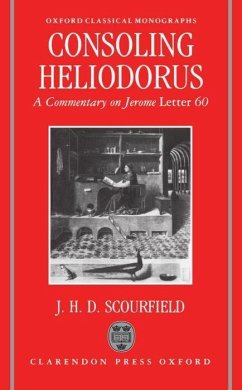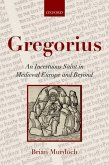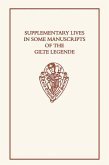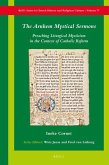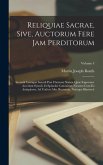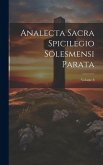How did early Christians give comfort to the bereaved? This examination of one of the most important early Christian letters of consolation shows how Christian consolers adopted many of the approaches used by their pagan predecessors. The book includes both a text and translation of the letter.
Jerome (c. 347-420 AD) is best remembered as the author of the Vulgate translation of the Bible. But he was also an untiring letter-writer. Among the many letters which have survived are several written to friends who have suffered recent bereavement. In the most impressive of these, Letter 60, Jerome consoles Heliodorus, Bishop of Altinum in north-east Italy, on the early death of his nephew Nepotianus. The letter is composed from a thoroughly Christian perspective; but it belongs to a tradition of consolatory literature that reaches far back into the pagan world. In this commentary, Professor Scourfield places the letter in the context of this tradition, showing how a highly literate Christian author of the late fourth century could take over pagan ideas and put them to Christian use. The commentary also deals fully with matters of language and style, theology, exegesis, and history. A revised text and a completely new translation of the letter are included.
Hinweis: Dieser Artikel kann nur an eine deutsche Lieferadresse ausgeliefert werden.
Jerome (c. 347-420 AD) is best remembered as the author of the Vulgate translation of the Bible. But he was also an untiring letter-writer. Among the many letters which have survived are several written to friends who have suffered recent bereavement. In the most impressive of these, Letter 60, Jerome consoles Heliodorus, Bishop of Altinum in north-east Italy, on the early death of his nephew Nepotianus. The letter is composed from a thoroughly Christian perspective; but it belongs to a tradition of consolatory literature that reaches far back into the pagan world. In this commentary, Professor Scourfield places the letter in the context of this tradition, showing how a highly literate Christian author of the late fourth century could take over pagan ideas and put them to Christian use. The commentary also deals fully with matters of language and style, theology, exegesis, and history. A revised text and a completely new translation of the letter are included.
Hinweis: Dieser Artikel kann nur an eine deutsche Lieferadresse ausgeliefert werden.

